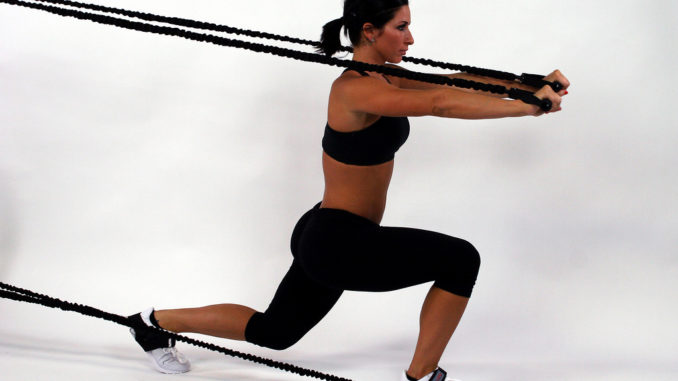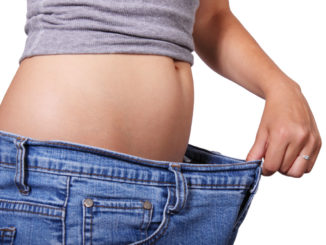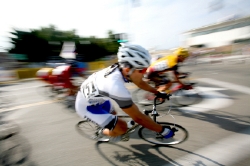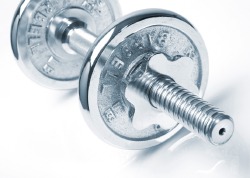
Cardiovascular health is elemental to a long, healthy, enjoyable life. Learn more about this important system and the importance of it to achieve your best health and living.
What is meant by the cardiovascular system?
The cardiovascular system is made up of the heart and blood vessels as well as blood cells and plasma. The blood vessels work to transport blood all over the body. This helps keep nutrients, oxygen, hormones, waste products and carbon dioxide circulating properly.
The three primary types of blood vessels are:
- The Arteries
- The Capillaries
- and the Veins.
The arteries carry blood from the heart. The capillaries build networks inside the tissues. Veins carry blood to the heart.
As the arteries move out from the heart, they diverge and branch until they eventually end in the capillaries. The capillaries work to ensure that the waste, gas and nutrient exchange between the tissues and the blood continues to function properly in order to keep the body healthy.
The primary function of the heart is to pump blood constantly throughout the entire cardiovascular system. The heart receives both parasympathetic and sympathetic nerve fibres that affect the heart rate, but do not initiate contractions. Auto-rhythmic cells take care of that. Coronary circulation surrounds the heart, supplying the tissues with the nutrients and oxygen that they need, and removing any waste.
Why it is so important to keep your heart healthy
The heart is essentially the most important muscle in the body. However, many people fail to recognize the importance of keeping your cardiovascular system healthy. Keeping your cardiovascular system healthy has several major health benefits.
Proper cardiovascular health will help your body burn off calories more effectively and help keep body fat low. Taking good care of your cardiovascular system ensures that you will have strong lungs and a healthy heart. According to the World Health Organization, nearly 17 million people around the world die every year from some type of cardiovascular disease. Heart disease knows no boundaries when it comes to gender, geographic location or socioeconomic status.
A regular routine of cardiovascular exercise will work to strengthen the muscles of the respiratory system. This will effectively increase your lung capacity, improving your stamina leaving you feeling more energized. In addition, regular cardiovascular exercise will strengthen your heart muscle, enhancing its ability to pump blood all throughout your body.
It will also effectively reduce your resting heart rate. Cardiovascular exercise also increases the amount of red blood cells in the body. With more red blood cells, oxygen is circulated around the body more efficiently.
Common Cardiovascular Exercises:
- Cycling
- Jogging
- Swimming
- Running
- Walking
Monitor Your Heart Rate to Improve Cardiovascular Fitness
When you are exercising, it is important to measure your heart rate at regular intervals to make sure you are within a healthy range. You can check your heart rate manually by placing the middle and index finger of one hand on the side of your neck. Press the carotid artery gently to feel your pulse. You can also find your pulse on the inside of your wrist. Remember not to count beats with your thumb due to potential inaccuracy.
Once you find your pulse, use a clock or stopwatch to count the beats for fifteen seconds. Then, multiply the result by four and you will know how many times your heart beats per minute. It is not uncommon for many exercise machines to have features that will measure your heart rate for you, or you could purchase a heart rate monitor which can keep track of your heart rate plus many more statistics and will show your progress over time.
The majority of cardiovascular experts agree that you need twenty to sixty minutes of cardiovascular exercise at least three times a week and no more than six days a week.
Cardiovascular exercise elevates the heart rate to around sixty to eighty-five percent of the maximum rate, which is the fastest you heart could ever beat. During your cardiovascular exercise routine, you should be a little winded, but still be able to talk a little.




Be the first to comment